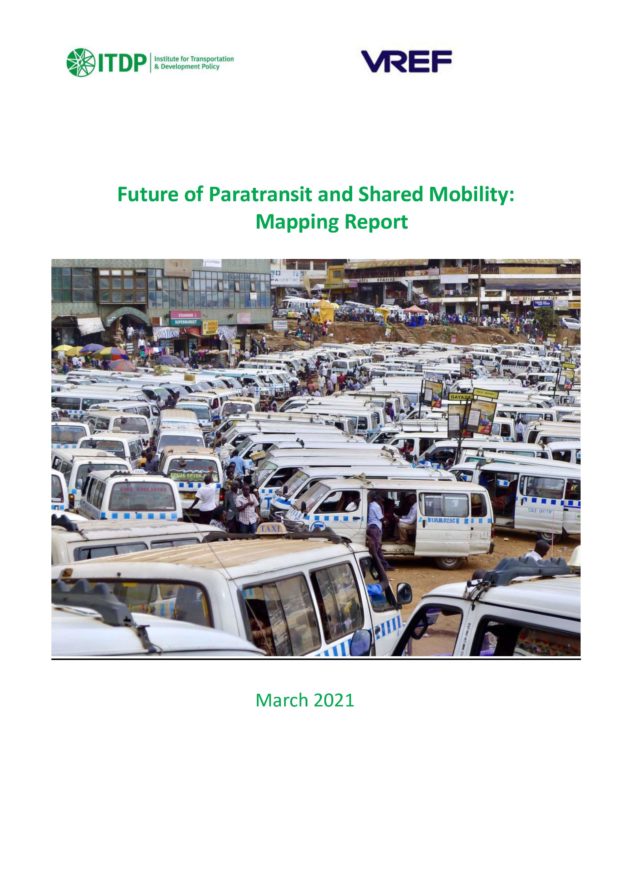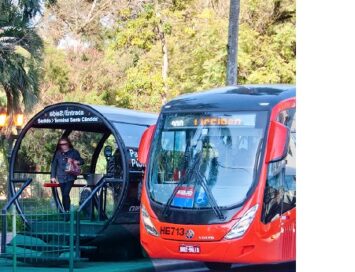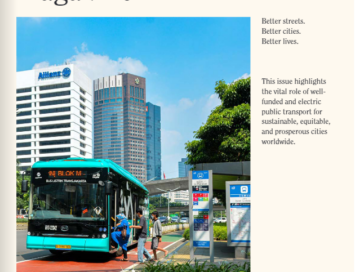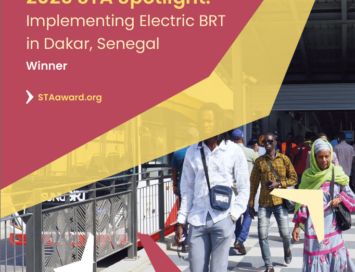Future of Paratransit and Shared Mobility: Mapping Report
Paratransit (also known as informal or semiformal public transport) is a dominating force in urban transport systems today. In many parts of the world, primarily lower- and middle-income countries (LICs & MICs), paratransit provides crucial access to jobs, goods, and services. It also operates with little government oversight or regulation, which can lead to inadequate services, poor safety, adverse environmental impacts, poor working conditions, and severe inequity for users. Over the past three decades, there have been numerous efforts around the world to improve paratransit operations, using different approaches to enhance outcomes for passengers, workers, and owners. The results have varied.
This background report describes the current state of knowledge and ongoing activities in paratransit and shared mobility services, by mapping existing research and identifying specific gaps for further investigation. The ITDP research team examined and studied more than 100 documents, and consulted 13 internationally recognized experts to complete this report. The examination of the literature broadly highlighted a shortfall of research on the policy implications and impacts dedicated to shared mobility and paratransit, especially in Lower and Middle Income Countries.




